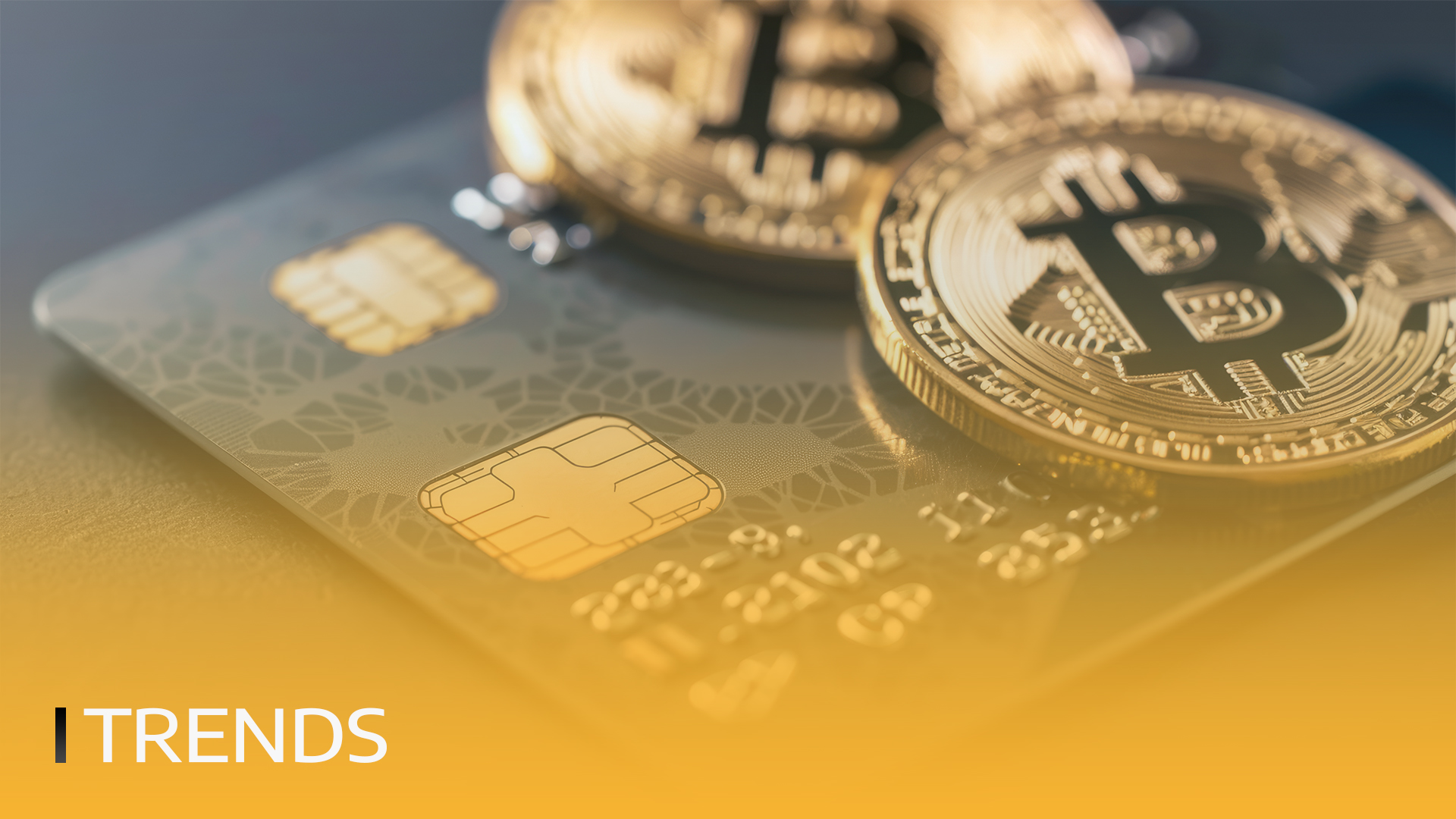Crypto Cards Beat Banks in Small Purchases in Europe

Crypto-linked cards are outperforming traditional bank cards in Europe for small-value transactions, with 45% of their usage under 10 euros — a space typically dominated by cash. A report from CEX.IO highlights that users of crypto cards are adopting spending habits similar to those of traditional cardholders, but are moving more rapidly toward online payments.
In 2025, the number of newly issued CEX.IO crypto cards across Europe rose by 15%, reflecting growing interest in using digital assets for everyday spending.
While data from the European Central Bank shows that 21% of card payments in the eurozone are made online, crypto card users conduct 40% of their transactions digitally, nearly twice the average.
CEX.IO data shows crypto cardholders frequently use their cards for everyday needs, with groceries accounting for 59% of purchases, closely matching the ECB benchmark of 54%, and dining and bars representing 19%, which is above the norm for in-person food and drink purchases.
The average crypto card transaction is 23.7 euros, lower than the 33.6 euro average for traditional bank cards, according to Mastercard data from the first quarter of 2025.
“What we’re seeing in Europe is that crypto card users aren’t just experimenting with new tech — they’re showing us what everyday spending might look like in a truly cashless future,” said Alexandr Kerya, vice president of Product Management at CEX.IO. “With average card payment volume rising 24% in just the last month, this shift is clearly gaining momentum,” he added.
Stablecoins account for 73% of all crypto card transactions, with Bitcoin, Ethereum, Litecoin, and Solana also being used for regular purchases such as food and transportation. Similar trends are reported by other providers, including Oobit, which noted strong usage for essentials, and Crypto.com, which reported high volumes for online shopping.
Meanwhile, despite rising adoption, Barclays has announced it will block crypto purchases made with its Barclaycard credit cards. The bank cited the risk of customers accumulating debt due to crypto’s volatility and pointed out the absence of consumer protections, stating that crypto transactions aren’t covered by the Financial Ombudsman Service or the Financial Services Compensation Scheme.
Sources:
https://www.ecb.europa.eu/stats/ecb_surveys/space/html/ecb.space2024~19d46f0f17.en.html
https://s25.q4cdn.com/479285134/files/doc_financials/2025/q1/1Q25-Earnings-Release.pdf
https://cointelegraph.com/news/crypto-cards-outpace-banks-europe-small-payments
https://crypto.com/en/research/crypto-card-consumer-spending-insights-2024
https://newsroom.oobit.com/crypto-from-memes-to-means-of-exchange/
You might also be interested in
Don’t miss any crypto news
Subscribe to our Newsletters - the best way to stay informed about the crypto world. No spam. You can unsubscribe anytime.
Please enter your email address
Email is invalid
Read how we process your data in our Privacy policy.
Thank you for subscribing 😊
Subscribe to our Newsletters - the best way to stay informed about the crypto world. No spam. You can unsubscribe anytime.
If you have any questions about cryptocurrencies or need some advice, I'm here to help. Let us know at [email protected]